India is a place where the nature beauty surrounds in all of there but that’s why we come for you with top Indian national parks and wildlife sanctuaries, There are 103 National Parks and 544 Wildlife Sanctuaries in India . In Indian national parks and wildlife sanctuaries blog we give you full details about the places . If you want to connect with us on instargam then click here
1. Corbett National Park (Utrakhand)

Corbett National Park, in the Indian state of Uttarakhand, is a well-known wildlife refuge and one of the country’s oldest national parks. but it was named after Jim Corbett, the famed wildlife fiction writer.It is noted for its tremendous biodiversity and for being a sanctuary for endangered Bengal tigers. It is spread across a huge area of varied terrain, including hills, rivers, and woods. The park provides exhilarating wildlife safaris where tourists can see elephants, leopards, deer, and other bird species. It also allows nature enthusiasts to enjoy its stunning beauty and participate in activities like as birdwatching and trekking, making it a favourite location for wildlife aficionados and outdoor explorers.
2. kanha National Park (Madhya Pradesh)

Kanha National Park, in Madhya Pradesh, India, is a well-known tiger reserve and one of the best wildlife locations in the country. It is famous for its lush forests, huge meadows, and lovely scenery that inspired Rudyard Kipling’s “The Jungle Book.” The park is home to a large population of Bengal tigers, as well as other wildlife such as leopards, deer, sloth bears, and a variety of bird species. Kanha National Park, with its diverse flora and animals, offers exhilarating wildlife safaris, allowing tourists to observe nature’s grandeur and experience the romance of the wild in a pure and protected setting.
3. Bandhavgarh National Park (Madhya Pradesh)

The Bandhavgarh National Park in Madhya Pradesh is well-known for its diverse fauna and scenic vistas. It is regarded as one of the best spots in India to see the magnificent Bengal tigers in their natural habitat. For wildlife enthusiasts, the park’s lush forests, ancient caves, and towering cliffs provide an enthralling backdrop. Apart from tigers, Bandhavgarh is also home to leopards, sloth bears, Indian bison, and countless bird species, making it a must-see location for nature lovers and wildlife photographers.
4. Ranthambore National Park (Rajasthan)

Ranthambore National Park, located in Rajasthan, India, is a well-known tiger reserve and one of the country’s most popular national parks. It is famed for the spectacular Ranthambore Fort ruins, which merge history and wildlife in a unique setting. The park is home to a robust Bengal tiger population, as well as other animal species such as leopards, sloth bears, crocodiles, and a large diversity of bird species. Exhilarating jeep safaris and canter rides allow visitors to discover the park’s various landscapes, deep woods, and stunning lakes, providing amazing experiences for nature enthusiasts and wildlife lovers alike.
5. Sariska Tiger Reserve (Rajasthan)
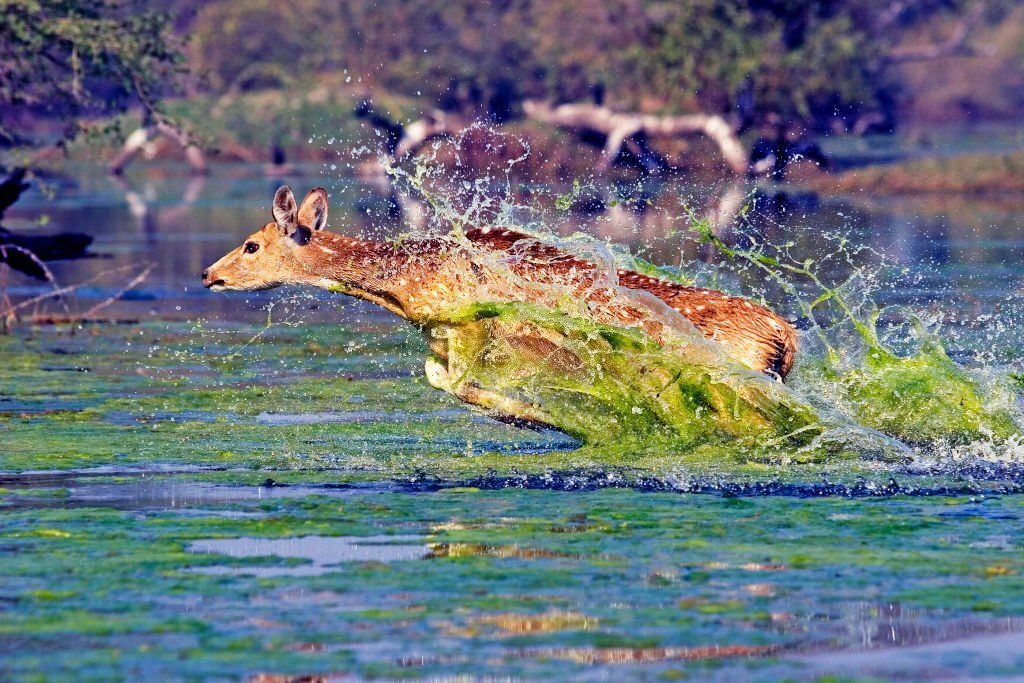
Sariska Tiger Reserve is a well-known national park and wildlife sanctuary in the Indian state of Rajasthan. It is home to a rich mix of flora and fauna and covers an area of around 866 square kilometres. The reserve is particularly well-known for its Bengal tiger population, making it an important conservation location for this endangered species. Aside from tigers, visitors can also see leopards, wild boars, hyenas, and a variety of bird species. Sariska Tiger Reserve’s picturesque setting of lush woods and rocky hills adds to its allure, making it a favourite destination for nature enthusiasts and animal aficionados.
6. Nagzira Wildlife Sanctuary (Maharashtra)

Nagzira Wildlife Sanctuary is a beautiful natural reserve in Maharashtra, India, recognised for its diverse biodiversity. The sanctuary, which covers an area of around 152 square kilometres, is home to a wide range of vegetation and fauna. Visitors can see wildlife such as tigers, leopards, sloth bears, deer, and a variety of bird species. The gorgeous settings of the sanctuary, which include dense forests, peaceful lakes, and rolling hills, create a serene and appealing backdrop for environment lovers and animal aficionados. Nagzira Wildlife Sanctuary provides an exceptional opportunity to immerse oneself in the natural world’s magnificence.
7. Pench National Park (Maharashtra)

Pench National Park is a beautiful wildlife sanctuary and national park in Maharashtra, India. The park, which covers an area of approximately 293 square kilometres, is well-known for its diverse flora and animals. It is home to a wide variety of wildlife, including tigers, leopards, deer, sloth bears, and many bird species. Pench National Park, with its stunning landscapes of lush forests, shimmering streams, and undulating hills, provides a breathtaking experience for environment enthusiasts and wildlife lovers. Exploring this untouched environment allows you to experience the beauty and awe of India’s natural heritage.
8.Tadoba Wildlife Sanctuary (Maharashtra)
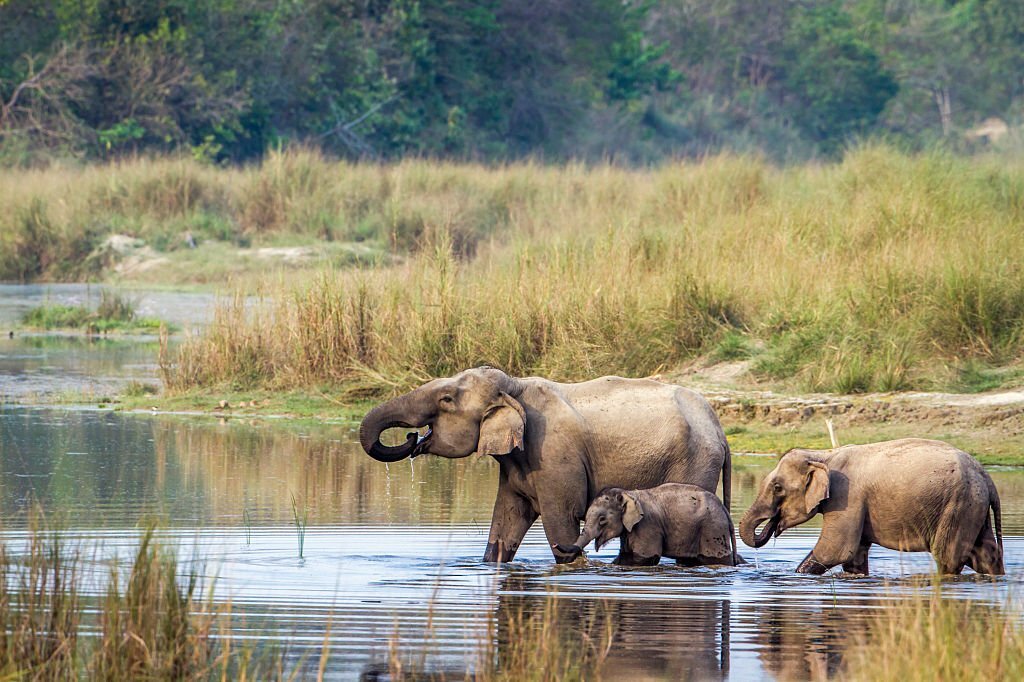
Tadoba Wildlife Sanctuary is a well-known sanctuary in Maharashtra, India, recognised for its flourishing wildlife. It covers an area of around 625 square kilometres and is home to a variety of species such as tigers, leopards, sloth bears, deer, and several bird species. The sanctuary’s lush forests, tranquil lakes, and rolling grasslands form a stunning environment, immersing visitors in Tadoba’s natural splendour.
9.Kaziranga National Park (Assam)
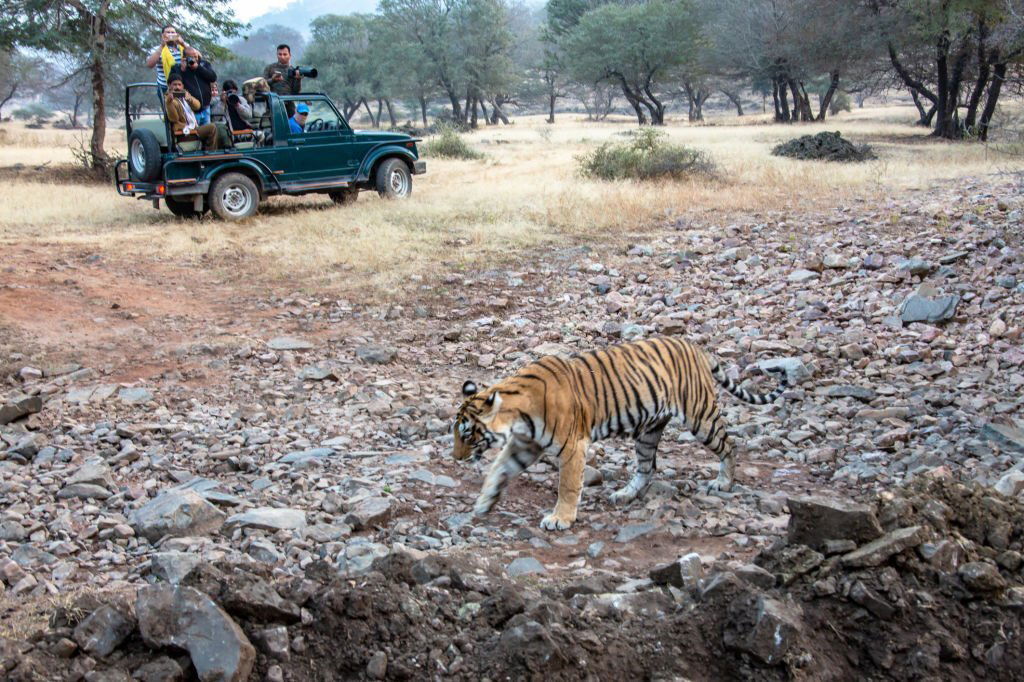
Kaziranga National Park, located in Assam, India, is a world-renowned wildlife sanctuary and a UNESCO World Heritage Site. It is home to two-thirds of the world’s population of the endangered Indian one-horned rhinoceros, spanning an area of around 430 square kilometres. The park also has large populations of tigers, elephants, wild water buffalo, and other bird species. Kaziranga’s distinctive environment, with its towering elephant grass, wetlands, and deep woodlands, provides a breathtaking landscape for animal watchers. The park’s conservation efforts and exceptional biodiversity make it a must-see destination for nature lovers and a symbol of effective wildlife protection.
10.Gir National Park (Gujarat)
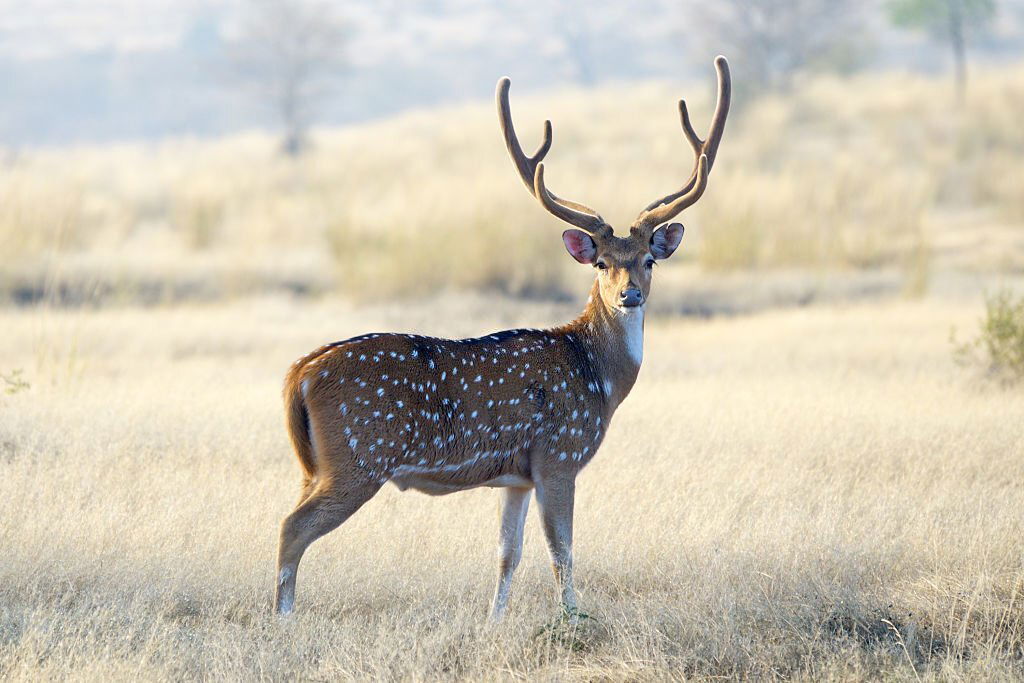
Gir National Park in Gujarat, India, is a well-known wildlife refuge and the only natural habitat for Asiatic lions. It is home to a robust population of these endangered big cats and covers an area of around 1,412 square kilometres. Other fauna found in the park’s complex ecosystem includes leopards, deer, hyenas, and several bird species. Gir National Park, with its steep topography, dry deciduous forests, and wide grasslands, provides a unique and attractive scene for animal enthusiasts and nature lovers. The park’s conservation efforts have been critical in the preservation of the Asiatic lion and the promotion of eco-tourism in the region.
11.Bandipur National Park (Karnataka)
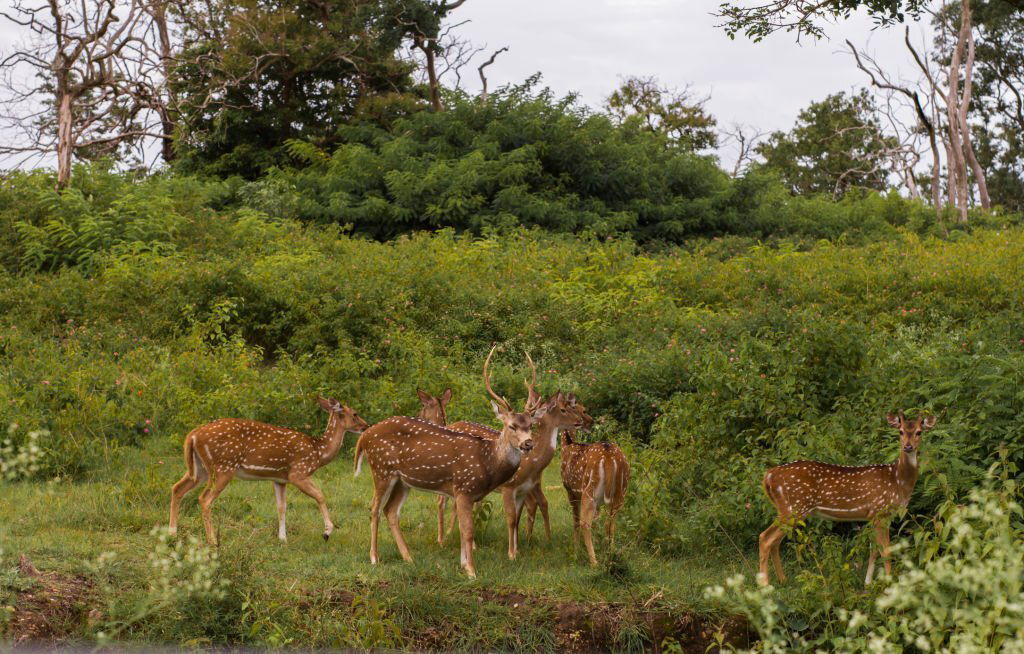
Bandipur National Park, in the Indian state of Karnataka, is a well-known tiger reserve and one of the country’s oldest national parks. It is a refuge for diverse flora and fauna, spanning around 874 square kilometres. The park is well known for its royal Bengal tiger population, but it also has elephants, gaurs (Indian bison), leopards, and several bird species. Bandipur’s scenic setting, with its lush forests, rolling hills, and tranquil rivers, provides a compelling experience for nature enthusiasts and wildlife photographers. Bandipur National Park, with its great biodiversity and conservation activities, exemplifies India’s commitment to preserve its natural legacy.
12.Sundarbans National Park (West Bengal)
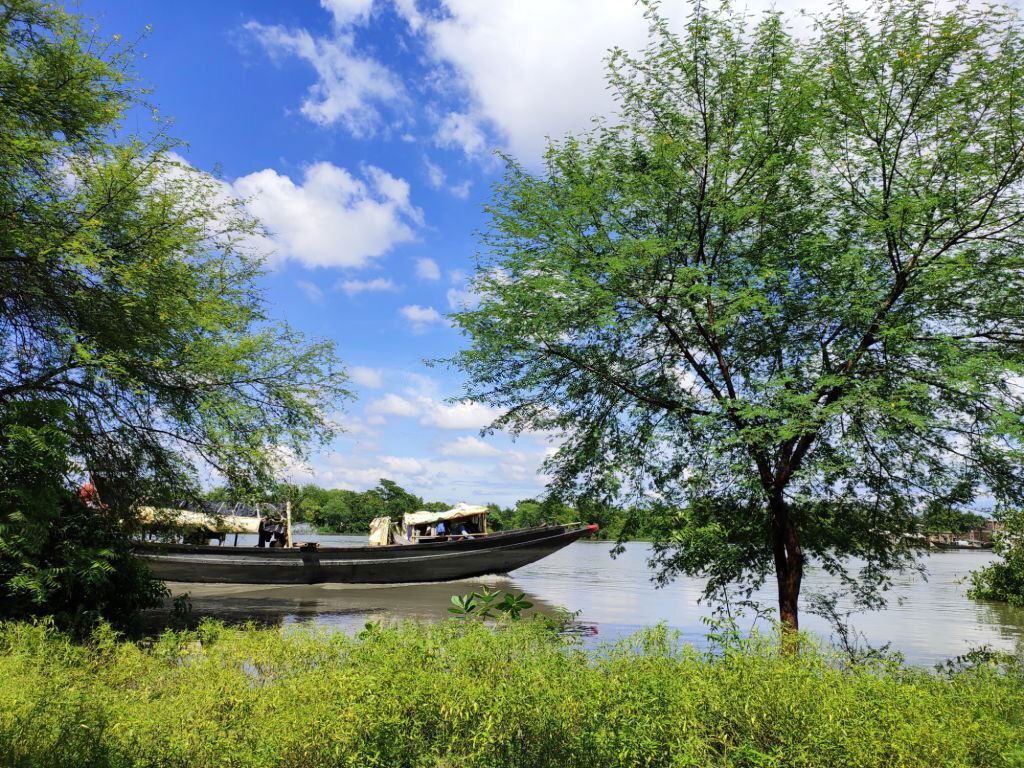
Sundarbans National Park, located in West Bengal, India, is a UNESCO World Heritage Site with a unique and biodiverse mangrove forest. It is the world’s largest mangrove forest, covering an area of around 10,000 square kilometres. The park is well-known for its Bengal tiger population, as well as its diverse flora and wildlife, which includes saltwater crocodiles, Gangetic dolphins, and various bird species. A magical and awe-inspiring scene is created by the intricate network of rivers and deep mangrove trees. Sundarbans National Park is not only a wildlife haven, but it also plays an important role in coastal protection and serves as a symbol of ecological value and conservation. Beauty of this places places it in the list of Indian national parks and wildlife sanctuaries
13.Govind wildlife Sanctuary (Uttarakhand)
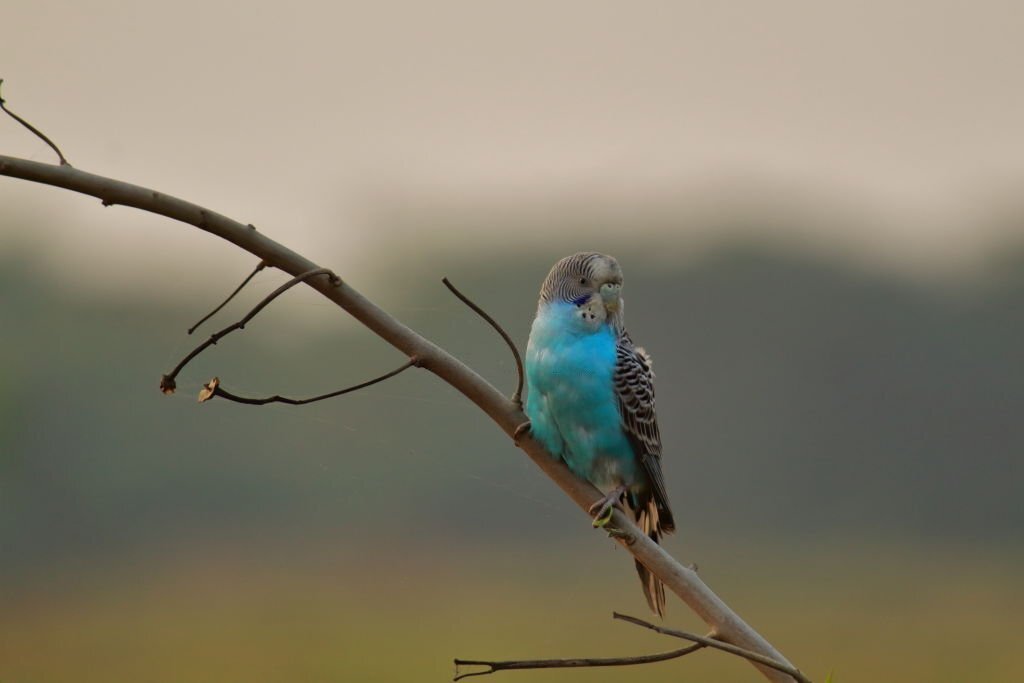
Govind Wildlife refuge, located in Uttarakhand, India, is a scenic refuge set in the Garhwal Himalayas. It has a land area of around 953 square kilometres and is known for its stunning vistas and unique fauna. The sanctuary is home to a variety of animals, including Himalayan black bears, snow leopards, musk deer, and various bird species. Govind Wildlife Sanctuary, with its towering snow-capped peaks, lush green meadows, and gushing rivers, provides a tranquil and enthralling experience for nature enthusiasts and hikers. The sanctuary’s conservation efforts and unspoiled beauty make it a must-see destination for visitors seeking tranquilly in the Himalayan environment.
14.Periyar Wildlife Sanctuary (Kerala)
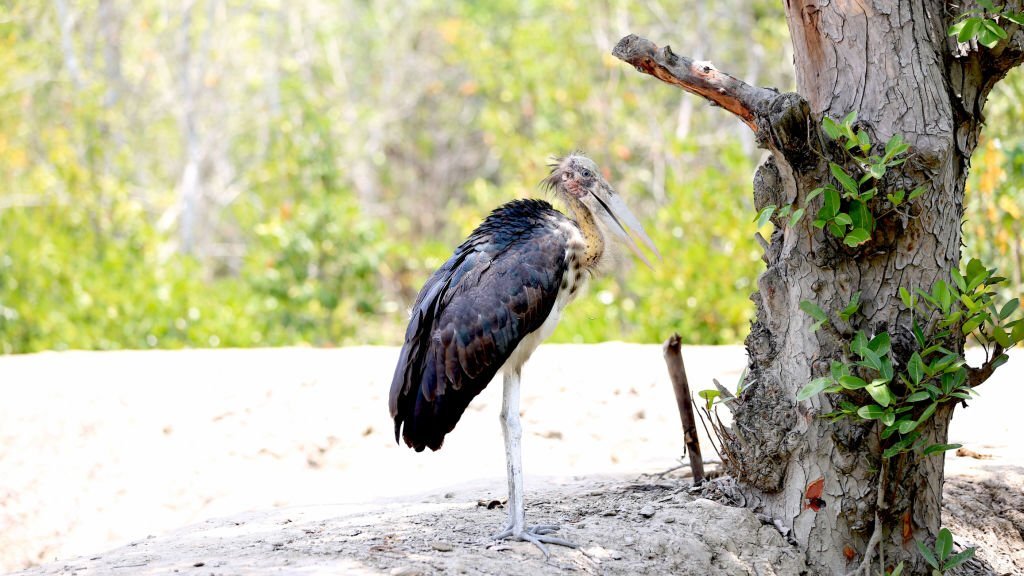
Periyar Wildlife Sanctuary is a well-known wildlife sanctuary and tiger reserve in Kerala, India. It covers an area of around 925 square kilometres and is tucked among the Western Ghats, providing a spectacular natural landscape. The sanctuary is home to a wide variety of wildlife, including elephants, tigers, leopards, gaurs, and a variety of bird species. The Periyar Lake is the focal point of the park, where visitors may go on boat safaris and see animals come to the water’s edge for a drink. With its lush foliage, serene lake, and rich wildlife, Periyar Wildlife Sanctuary is a must-see location in Kerala for environment aficionados.
I think you got the full information from Indian national parks and wildlife sanctuaries blogs for other information visit tripowe.com





